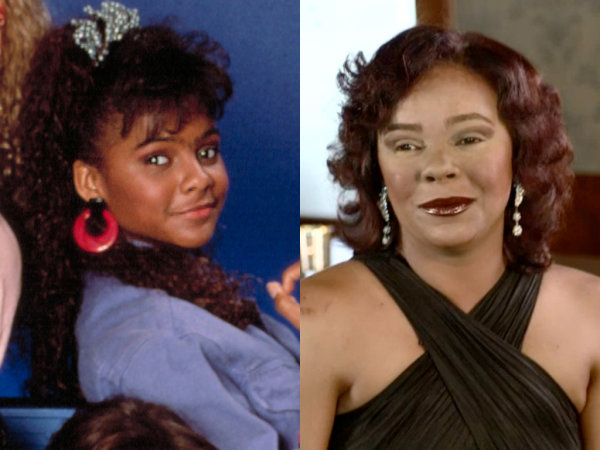Her mother claims she is, but the actress denies that she has a mental illness and calls what her mother says - "comical." Have a listen in this TMZ interview. It's a heartbreaker.
As an advocate for those with a mental illness, as well as their caregivers, my mission is to help remove the STIGMA and educate others about what happens when the brain works differently because of disease or injury. The more who reveal a mental illness, the more the public learns about it. In fact, by the number of celebrities, alone, who admit to some kind of mental illness, it is readily apparent that the diagnosis is not a death sentence. Many diagnosed with BiPolar Disorder, serious depression, and other mental illness can and do hold jobs. When they have support via family and friends, follow treatment plans, and take prescribed medicine... they also tend to function well in society. Who can forget some of their memorable performances in the movies and on stage.
Here is the original story about actress Lark Voorhies.
‘Saved By the Bell’ star Lark Voorhies has bipolar disorder, according to her mother
By Suzy Byrne | Yahoo! TV – Wed, Oct 3, 2012 9:42 AM PDT

People reports that during a recent photo shoot with the 38-year-old actress, her “once-sparkling brown eyes” were “disturbingly vacant.” Lark kept a “near-constant dialogue – by turns mournful, frenetic, and angry – with unseen figures,” and struggled “to focus for even brief moments.” Although Lark denied to the magazine that she suffers from mental illness – the devout Jehovah’s Witness answered the question by saying, “Oh no. We’re alive in a major time of all-in-all prophecy” – her mother, who lives with her and was also interviewed for the story, said the former child star has been diagnosed with bipolar disorder, for which she has been prescribed medication.
“I care deeply about my daughter and I want her to resume her life,” her mother, Tricia, told People. However, she noted that finding the right treatment – and getting Lark’s cooperation in following through with it – has been “frustrating.”
While Lark herself didn’t admit to mental illness, the actress – who had to schedule a second interview with the magazine after struggling through the first one – toldPeople she has been in a constant battle with herself. “We met at a very powerful moment – it’s like carrying on the interview in a hurricane,” she said. She tried to explain away her abrupt, extended silences during the conversation by saying, “You caught me in moments of prayer. I have a strong spiritual sense.” She also talked about the voices in her head, but the magazine noted that she was “defiant about getting psychiatric help.” Explaining her reasoning, Lark said, “They can’t explain it. They can’t treat it. They don’t know about it.”
Tricia told People that her daughter’s mental health issues stem from various traumatic incidents in her life, but she wouldn’t elaborate. “I don’t want to go there,” she said. She did say that Lark’s stalled career after “Saved by the Bell” ended in 1993 caused “a lot of stress,” and her divorce from Miguel Coleman in 2001 “caused a kind of break. … The trauma was back.” These days, Lark resides with her mother; drives, but only close to home; and has few friends. Tricia says she’s not giving up hope that her daughter will pull through, noting, "She's trying so hard. She says she's delayed, but she's going to get there."








